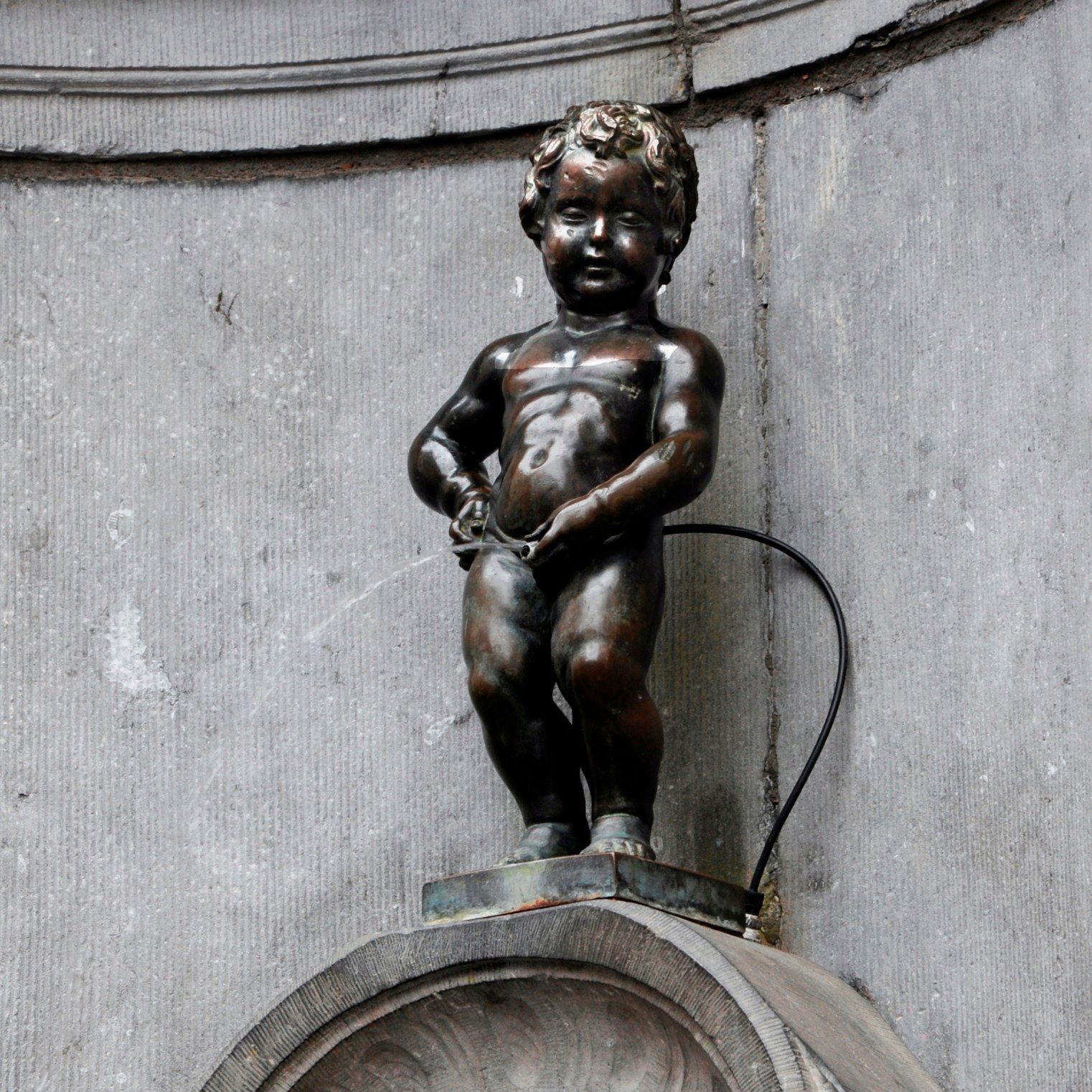Economy
Will Terrorist Activity Hurt Tourism in Belgium?

Published:
Last Updated:

The economic impact of social shocks is undeniable, and perhaps more relevant now than at any time over the past 10 years. At the end of November, the French government estimated Paris had lost more than €2 billion as a direct result of the attack at the Bataclan Theatre, and that the subsequent lockdown in Brussels as authorities searched for the suspects involved cost the latter $51.7 million daily.
The vast majority of these losses come on the back of a decline in tourism, and the reduction in tourist-based spending that would usually pass through shops, restaurants, entertainment venues and the like. At times like Christmas and the height of summer, this spending increases, which is why the November/December shutdown had such an impact. The recent attacks in Brussels sent the city into its second lockdown period in four months, and analysts are trying to determine what impact this might have on the city, and specifically, its tourism industry. Further, which public companies are likely to take a hit and become candidates to avoid or short in the coming quarters.
The last available World Bank data for visitors to Belgium shows 7.7 million arrivals in 2013. A study conducted by Visit Brussels, the Brussels tourist agency, registered 3.4 million visitors in 2014 and 3.3 million in 2013. The disparity here presumably derives from the World Bank data registering all arrivals across Belgium and the Visit Brussels data registering only those related to tourism in Brussels.
On the back of its religious and chocolate-rooted heritage, Easter is a peak period for tourism in Belgium, and specifically Brussels. Anecdotal accounts from shop owners in Brussels suggest footfall is a fraction of normal levels, and it is safe to assume that this will not just be isolated to the Easter period. Tourism in Paris remained deeply down on normal levels for at least a month following the Bataclan attack, and the chances of the current situation in Brussels extending into the spring and summer seasons are high – even without further trouble, in what news media is reporting as the front line in Europe’s war on terror.
Thank you for reading! Have some feedback for us?
Contact the 24/7 Wall St. editorial team.